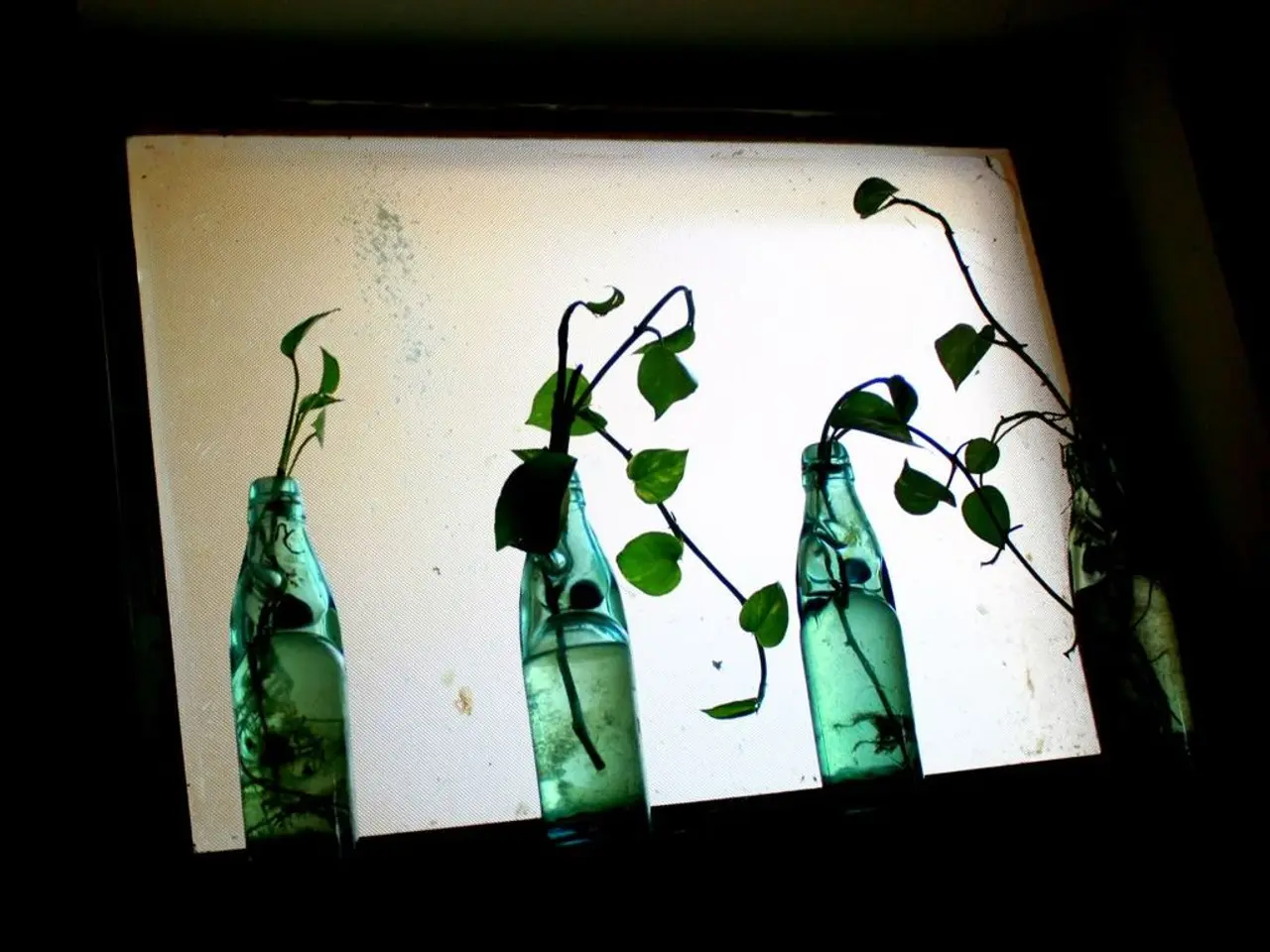Stellantis Invests in Sodium-Ion Battery Startup Tiamat, Aims for Carbon Net Zero by 2038
Stellantis, the world's fourth-largest automaker, has set a significant goal to achieve carbon net zero by 2038. The company's venture capital arm, Stellantis Ventures, has been actively investing in sustainable technologies to support this ambition.
One such investment is in the sodium-ion battery startup, Tiamat. Sodium-ion batteries are seen as a more sustainable alternative to conventional lithium-ion batteries due to sodium's abundance and reduced dependence on other countries for resources.
Stellantis Ventures' interest in Tiamat is not surprising, given the potential of sodium-ion batteries. These batteries offer greater power density and are less expensive to produce, thanks to the use of aluminum cathodes. Moreover, they can last up to 5,000 cycles with 80% capacity retention, outperforming many lithium-ion batteries in terms of longevity. Another advantage is their faster charging capabilities and lower costs.
Stellantis Ventures has also recently invested in Leapmotor, a Chinese electric vehicle manufacturer, further demonstrating the company's commitment to electric vehicle technology and sustainability.
Stellantis' investment in Tiamat and Leapmotor underscores its dedication to achieving carbon net zero by 2038. By exploring the potential of sodium-ion batteries and supporting electric vehicle manufacturers, Stellantis is positioning itself at the forefront of sustainable mobility.
Read also:
- Increase in Electric Vehicle Charging Stations Across U.S., But Is It Sufficient?
- Tesla's Semi-Truck enters partnership with Uber Freight, aiming to accelerate the usage of electric trucks.
- CFS to Build First US Commercial Nuclear Fusion Plant by 2035
- The current status of green hydrogen for developing countries following the wave of hype: Assessment of remains








